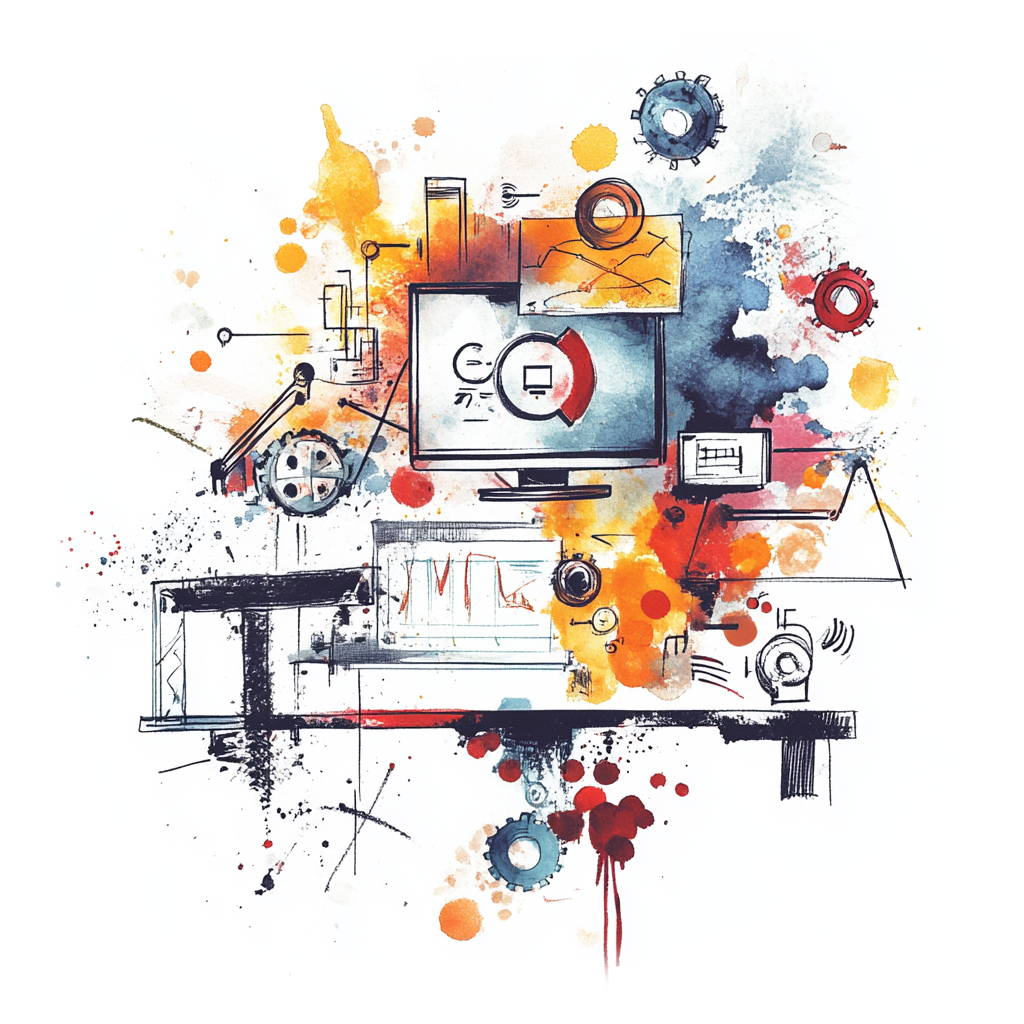Leveraging Self-Owned AI in Basic Chemicals
Learn how Basic Chemicals companies can leverage self-owned AI to enhance their operations and drive innovation.

Unleashing Your Own AI: How Upstream Operators in Basic Chemicals Can Transform Their Operations
In the intricate world of basic chemicals, upstream operators play a crucial role. From sourcing raw materials to managing production processes, efficiency is key. As we move into this digital age, organizations are being challenged to leverage technology in ways that were previously unimaginable. One of the most promising avenues? Creating and using your very own AI.
Imagine having a smart assistant that not only understands the technical jargon of your field but also learns from your specific operations and helps drive your business forward. Let's explore some exciting ways that upstream operators in the basic chemicals industry can harness their own AI, followed by the incredible benefits of hosting it yourself, and then, we'll look at how to make this leap.
Real-World Usage: How Your Own AI Can Make a Difference
-
Supply Chain Optimization: Picture this: you're managing a complex supply chain, and suddenly, there's a disruption due to a raw material shortage. With your own AI, you could predict these shortages by analyzing trends and historical data, allowing you to adjust orders in real time, potentially saving thousands of dollars.
-
Predictive Maintenance: Upstream operations rely heavily on machinery. What if your AI could monitor equipment and foresee when a machine is likely to fail? By analyzing performance data, it could recommend timely maintenance, reducing downtime and extending the life of your assets.
-
Quality Control: In the realm of chemicals, ensuring product quality is non-negotiable. An AI could sift through data from production processes, flagging anomalies that might indicate issues. This proactive approach not only keeps your quality standards high but also boosts customer satisfaction.
-
Regulatory Compliance and Reporting: Navigating an ever-changing landscape of regulations can be challenging. Your AI assistant could stay up-to-date with the latest requirements and help automate compliance reporting, saving you time and mitigating risk.
The Benefits of Hosting Your Own AI
Now, you might be wondering, “Why should I host my own AI?” Here are some compelling reasons:
-
Customization: Off-the-shelf solutions are limiting. By building your own AI, you can tailor it to suit your unique processes, industry jargon, and specific goals.
-
Data Security: When you host your own AI, you're keeping sensitive data in-house. This protects your valuable information from breaches that can occur with cloud-hosted services.
-
Cost-effectiveness: While there may be an upfront investment, over time, your own AI can help reduce costs by streamlining operations and improving efficiencies.
-
Control and Flexibility: With your own AI, you have the power to modify, update, and adapt its capabilities as your business and industry evolve.
Steps to Build Your Own AI
So, how does one go about creating their very own AI? Here’s a straightforward roadmap to get you started:
-
Identify Your Needs: Before diving in, assess which areas of your operations could benefit most from an AI. Be specific about the problems you want it to solve.
-
Gather Your Data: Data is the lifeblood of AI. Collect historical and operational data relevant to your processes. This could include production rates, maintenance records, or supply chain metrics.
-
Choose Your Tools: You don't need to start from scratch. Look for AI frameworks and tools that suit your needs. Options like TensorFlow or PyTorch, paired with Python, are popular choices.
-
Develop Your AI Model: Work with a team of data scientists or software developers who can help build a model that learns from your data and addresses your specific challenges.
-
Test and Iterate: Once you've developed your AI, don’t just launch it and forget it. Test its performance, gather feedback, and continue to refine it as necessary.
-
Deploy and Integrate: Finally, integrate your AI into your existing systems. This could mean incorporating it into supply chain management software, scheduling tools, or quality control processes.
-
Train Your Team: Your AI is only as powerful as the team that uses it. Ensure everyone involved understands how to leverage the tool effectively.
Conclusion
For upstream operators in the basic chemicals industry, the potential of your own AI is enormous. From making smarter supply chain decisions to improving equipment reliability and compliance, the benefits are tangible. And when you choose to host it yourself, you're taking ownership of your operations in a way that most others wouldn’t dare to. The digital revolution is upon us. Are you ready to step into the future with your own AI?
